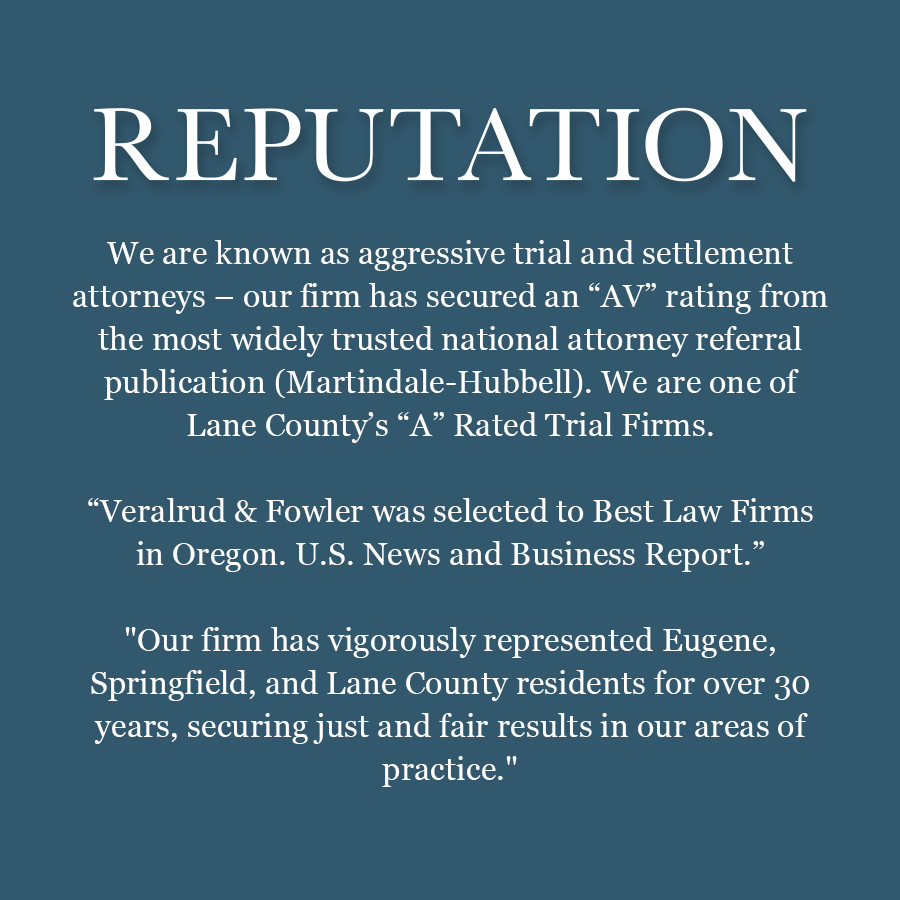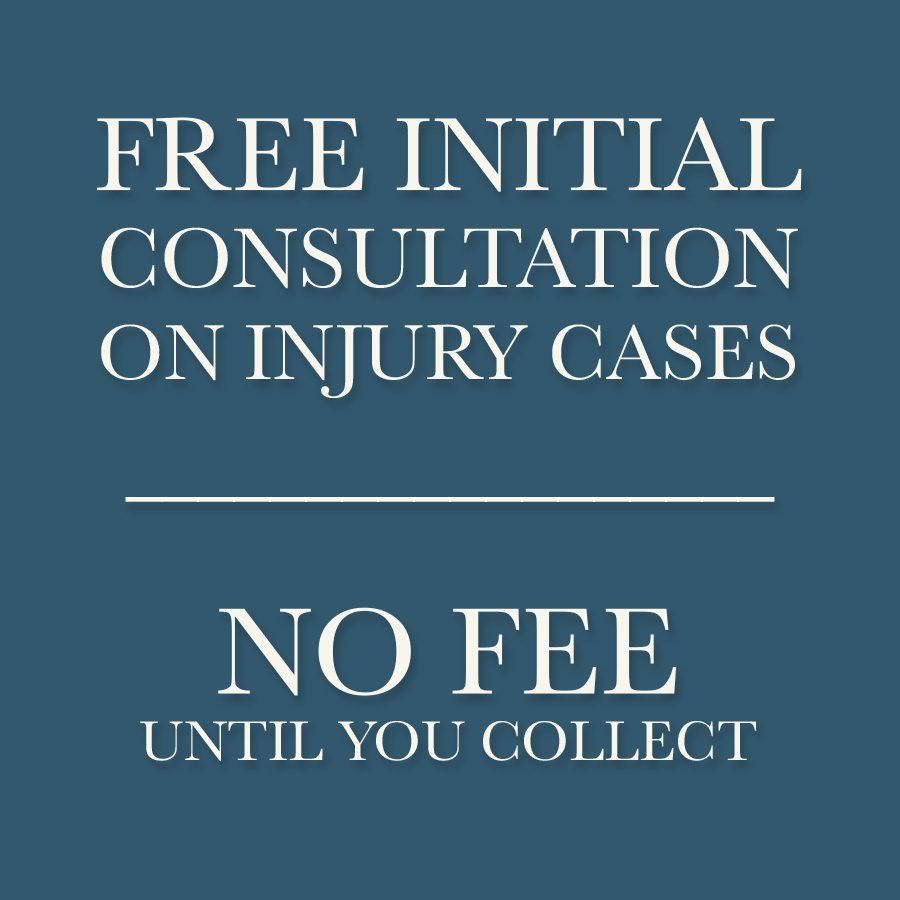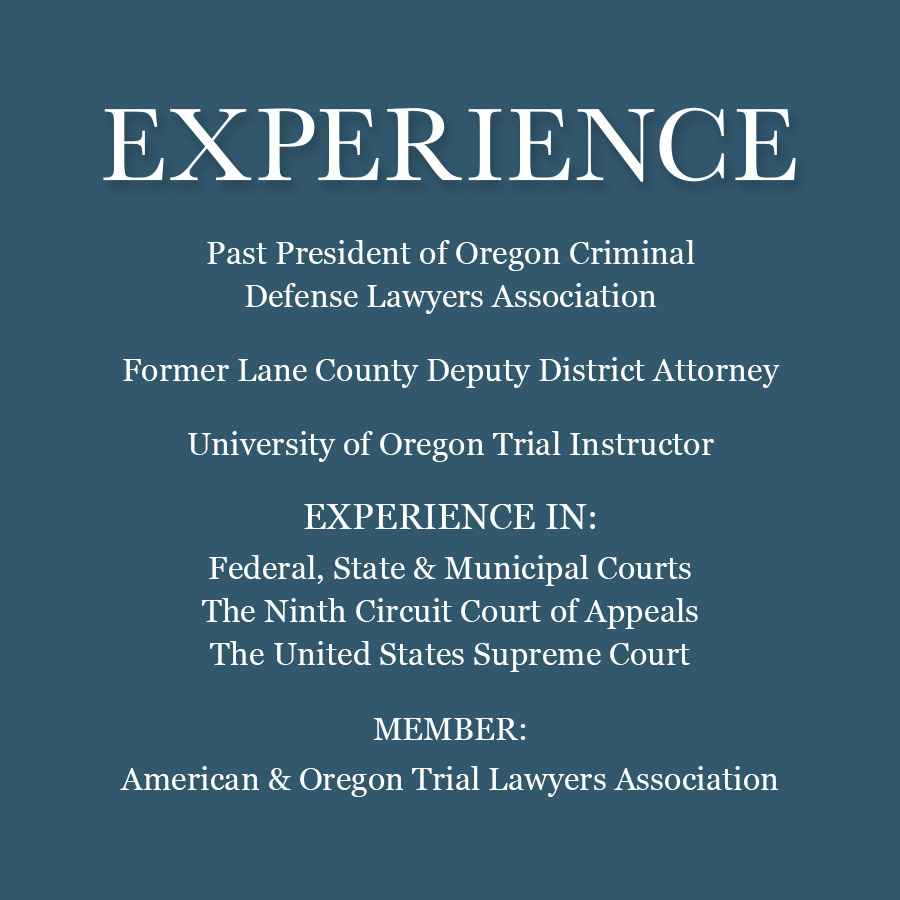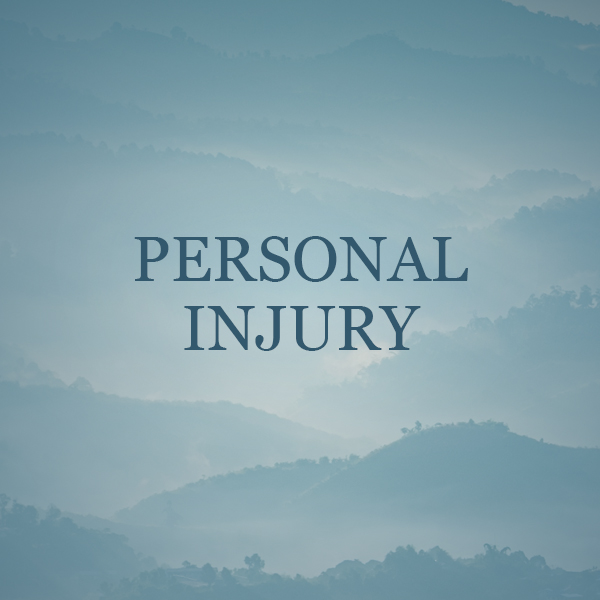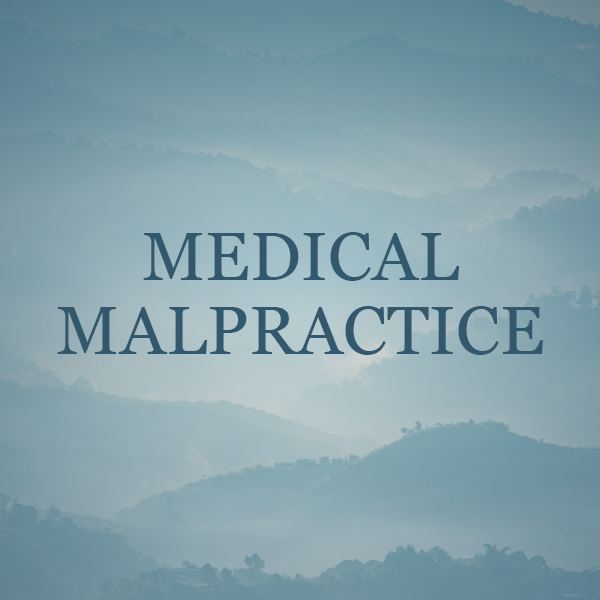Placing a parent or loved one in a long-term care facility is never an easy decision.
In addition to the cost of long-term care, the sterile environment, and the lack of connection to friends and family, there is always the danger of accidents happening while a parent or loved one is in a long-term care facility.
If you think a parent or loved one has suffered an accident due to negligence at a long-term care facility or nursing home, it might be time to call Veralrud and Fowler.
Residents in long-term care facilities and nursing homes are some of the most vulnerable people in our society.
They deserve our care, respect, and attention.
And, when an accident happens because of negligence, they deserve the kind of justice only a personal injury lawyer can provide.
How does a Personal Injury Attorney in Eugene Handle Cases Like These?
When accidents which occur in a long-term care facility or nursing home, it can be difficult to find out just exactly what happened.
If an employee has acted negligently, they might try to cover it up through lying, manipulating documents, or even trying to coerce or bribe other residents into hiding details of the accident.
These factors can all be aggravated by the sometimes-fragile cognitive state of our parents or loved ones who reside in long-term care facilities or nursing homes.
They might not be able to exactly recall important details, or they might have problems discerning imagination from reality.
Complex situations like these require a personal injury attorney.
Long Term Care Accident Injuries
In long-term care facilities, falls are the most common cause of injury.
Falls can occur for many reasons, some of which are benign. Slip and fall accidents can stem directly from whatever has caused the resident to come into long-term care.
When we think of slip and fall injuries, our mind typically springs to elderly folks. After all, we have all seen the commercial with the aged woman exclaiming that she has fallen and cannot get up.
Indeed, mobility issues in general are one of the leading reasons residents utilize long-term care.
For those with mobility issues, the possibly of falling alone is a troubling thought.
A slip and fall injury is not automatically justification for a lawsuit.
When a resident is already prone to slipping and falling, it is not difficult to make the case that there was little the facility could do at the moment of the fall to prevent it happening.
Where an experienced Eugene personal injury attorney might take issues is the notion that “there was little the facility could do.”
Broadly, this sort of question falls under the rational limits of a standard of care.
Is it really true that there was little the facility could do at the moment of the injury to prevent it happening? This is a crucial question.
If your personal injury attorney can show that there was, in fact, something the facility could have and should have done in the moment to prevent the accident, then a tort claim might be in order.
Preventing injuries that occur when a vulnerable person is left alone defines the mission of a long-term care facility.
When a long-term care facility or nursing home fails in their mission to provide the sort of care you expect, this opens them up to the possibility of a lawsuit.
Another common issue nursing home residents face is medication error.
In today’s world, the number of medications a nursing home resident might take every day can be staggering.
Even professional doctors and nurses can be challenged when matrixing in all the interactions all the drugs a given patient takes might entail.
The hard-working but not necessarily medically educated people who work in nursing homes have all this to worry about and more.
Their caseload often contains dozens of patients, each of whom might use dozens of medications through a variety of different administration vectors.
Keeping track of all this information is understandingly difficult, but by no means impossible. It is, after all, what nursing home workers get paid for.
There is no such thing as a mild medication error.
The effects of a maladministered medication can range from mild discomfort to permanent disfigurement or disability to death.
Though managing the administration of medication in a nursing home or long-term care facility can be challenging, it is expected that this duty is carried out the right way, every time.
When it is not, depending on the consequences, this may be grounds for a personal injury lawsuit.
Neglect in Nursing Homes and Long-Term Care Facilities
Residents of nursing homes and long-term care facilities usually require specialized care and attention.
When a family puts a loved one into one of these facilities, it is more often than not due the loved one’s medical issues having become too much for the family to effectively accommodate.
At the point where near-constant medical attention and care becomes a necessity, a nursing home or long-term care facility might be the only option.
Families take great care in selecting the nursing home or long-term care facility their loved ones will live in.
Families usually conduct a fair amount of research before selecting a nursing home or long-term care facility.
Any reputable facility will allow prospective residents and their families to take a tour, interview caregivers and residents, and peruse the facility’s reputation via online review sites.
If a facility seems reluctant to allow you to see what happens inside its walls on a day to day basis, this should be a bright red flag.
Regrettably, even with the most thorough vetting, sometimes nursing homes and long-term care facilities fail to serve all their patrons’ needs fully.
This can result in anything from boredom and discomfort to injury and even fatal conditions.
Obviously, those who find themselves being served in nursing homes or long-term care facilities experience physical or mental health issues that necessitate a more thorough degree of care than a family can provide on its own.
This leaves residents open to possible difficulties during their stay if they are not cared for properly.
When improper care or negligence leads to personal injury, it’s time to call a personal injury lawyer.
Abuse is the most frightening scenario a family looking to put a loved one into a nursing home or long-term care is likely to face.
The notion that a loved one might be experiencing additional pain and suffering on top of whatever condition has brought them into care haunts many caring relatives.
Even when everything possible has been done to secure a place in a high-quality nursing home or long-term care facility, bad apples sometimes still slip through the cracks.
As they say, one bad apple can spoil the whole bunch.
If you believe your loved one has been a victim of nursing home abuse, you need to contact a personal injury lawyer immediately.
They will help you determine whether you should also contact law enforcement, as well as helping you take the first steps toward recovering damages from the nursing home or long-term care facility where the abuse occurred.
Proving long-term care abuse can be a tricky proposition, which is why the skills of a personal injury lawyer count.
They have the tools, experience, and crack legal team to get to the bottom of your situation and figure out how best to serve up justice.
Nothing can make up for pain and suffering, but it is possible to make a difference for other residents who might experience the same thing.
Eugene Nursing Home Injury Attorney
Your Eugene personal injury will work hard to prove four factors about your long-term care facility or nursing home injury accident case: they will look to show that a duty was owed to the injured party, that this duty was breached, that the breach of that duty led to the injury, and that the injury led to damages.
Even though the facts of cases such as these can sometimes be hard to come by, a proficient personal injury lawyer has the education and real world experience to separate fact from spin.
If your personal injury attorney is able to show that the duty owed to an injured party was not fulfilled and this failure to fulfill this duty led to an injury accident or even death, you are entitled to compensation.
Nothing can replace the health of a loved one, but engaging in tort claims due to negligence gives long-term care facilities and nursing homes incentive to perform better in the future.
You can know that even though you suffered a tragedy, your action in pursuit of making your parent or loved one whole might save other families from their own tragedies in the future.
Eugene Personal Injury Attorneys Can Help
The sooner you take action in a negligence claim against a long-term care facility or nursing home, the easier it will be to collect the most accurate and trustworthy evidence. Call Veralrud and Fowler to discuss your possible claim today.
WHY CHOOSE US
SWIPE FOR MORE CATEGORIES

